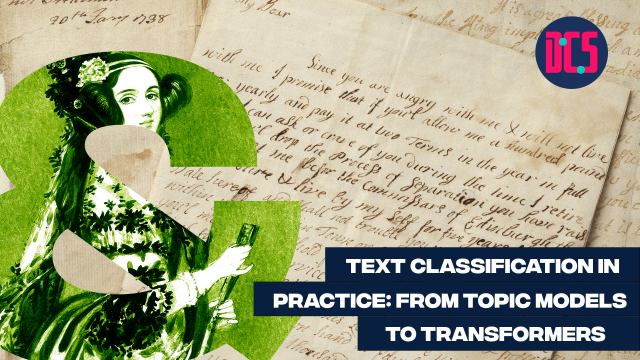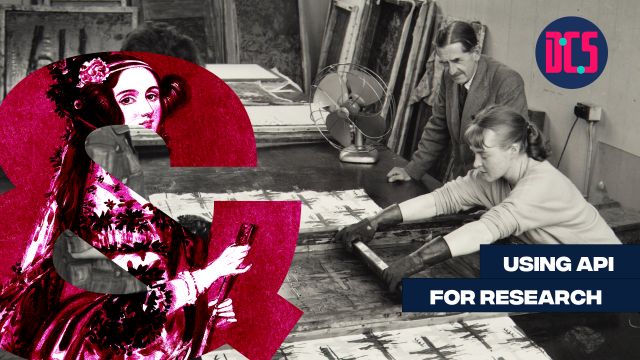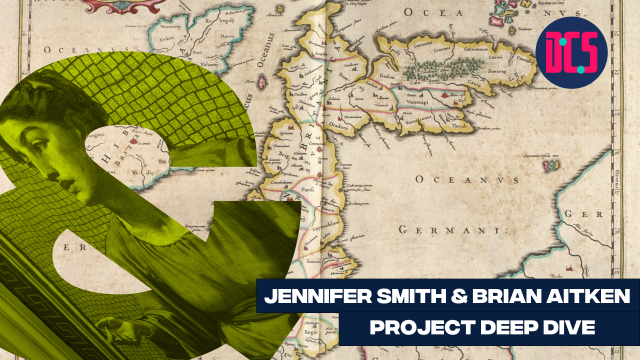Visualisation and Statistics with R
This 10 session course will give you an introductory overview of basic techniques for visualising your data with R, as well as statistical techniques for analysing your dataset.
Participants will learn how to enter and modify data in R, and how to create visualisations, including the main graph typologies available depending on the type of variables (charts, scatter plots, and histograms, etc.). Participants will also get an overview of the main tests, corrections and basic statistical concepts required in order to analyse your data.
No previous knowledge of programming or statistics is needed. Datasets used as course materials will contain test data, but you are more than welcome to discuss your own dataset and analysis with the rest of the class.
This course will take place on Tuesdays and Thursdays at 14:00 - 15:30 over 5 weeks.
Due to high demand for our training events, our cancellation and no-show policy applies to bookings for this event. Click here for details of this policy.












